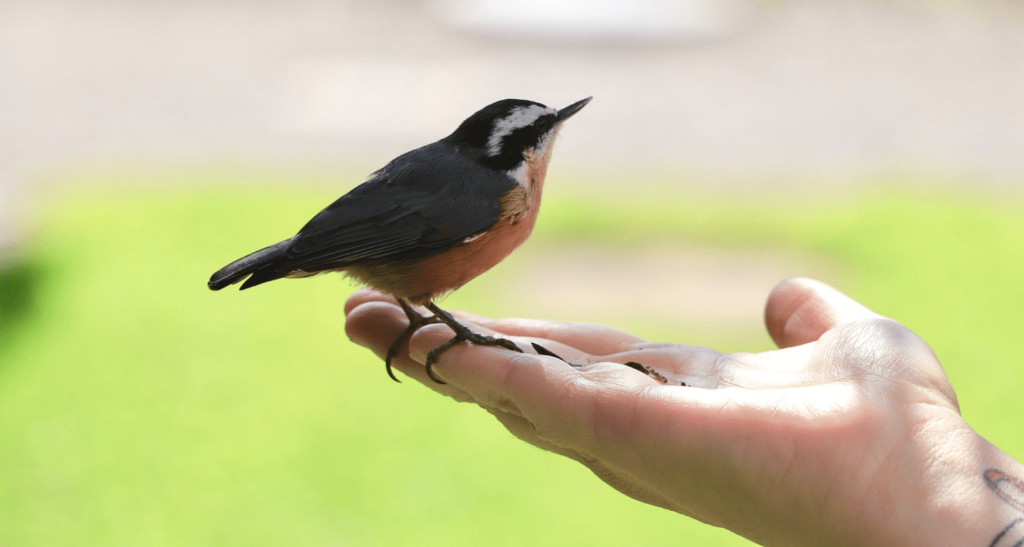We know about the plight of the bees that are disappearing at an alarming rate across the world, but the situation with birds doesn’t look too great, either.
A new article in the journal Science estimates that North America has lost a quarter of its bird population – roughly 3 billion birds – in the past 50 years. The researchers looked at populations of 529 different bird species since 1970 to reach their conclusion. They collected data from surveys with the help of volunteer bird spotters and combined that with ten years worth of data on flocks of migrating birds detected by 143 different weather radar installations.
Ken Rosenberg of the Cornell Lab of Ornithology said, “We saw this tremendous net loss across the entire bird community. By our estimates, it’s a 30% loss in the total number of breeding birds. But we also knew that other bird populations were increasing. And what we didn’t know is whether there was a net change.”
The data showed that more than 90% of the losses came from only a dozen bird families, including warblers, blackbirds, finches, and sparrows. Meadowlarks and red-winged blackbirds are two examples of common birds that have seen their numbers decrease.
The news isn’t entirely bad, though; some bird populations have increased, such as raptors (influding bald eagles), and waterfowl. Rosenberg continued, “The numbers of ducks and geese are larger than they’ve ever been, and that’s not an accident. It’s because hunters who primarily want to see healthy waterfowl populations for recreational hunting have raised their voices.”
Mike Parr, another one of the study’s authors, said, “We’re making the wrong moves now to sustain nature for the future, and this is an indication that nature is unraveling and that ecosystems are highly stressed. Our generation is going survive it, and probably the next generation will, but who knows where the tipping point is.”
The researchers say that climate change played only a small role in the overall loss of the birds so far, but it is likely to become more of a threat in the future because of rising seas, draughts and wildfires.






